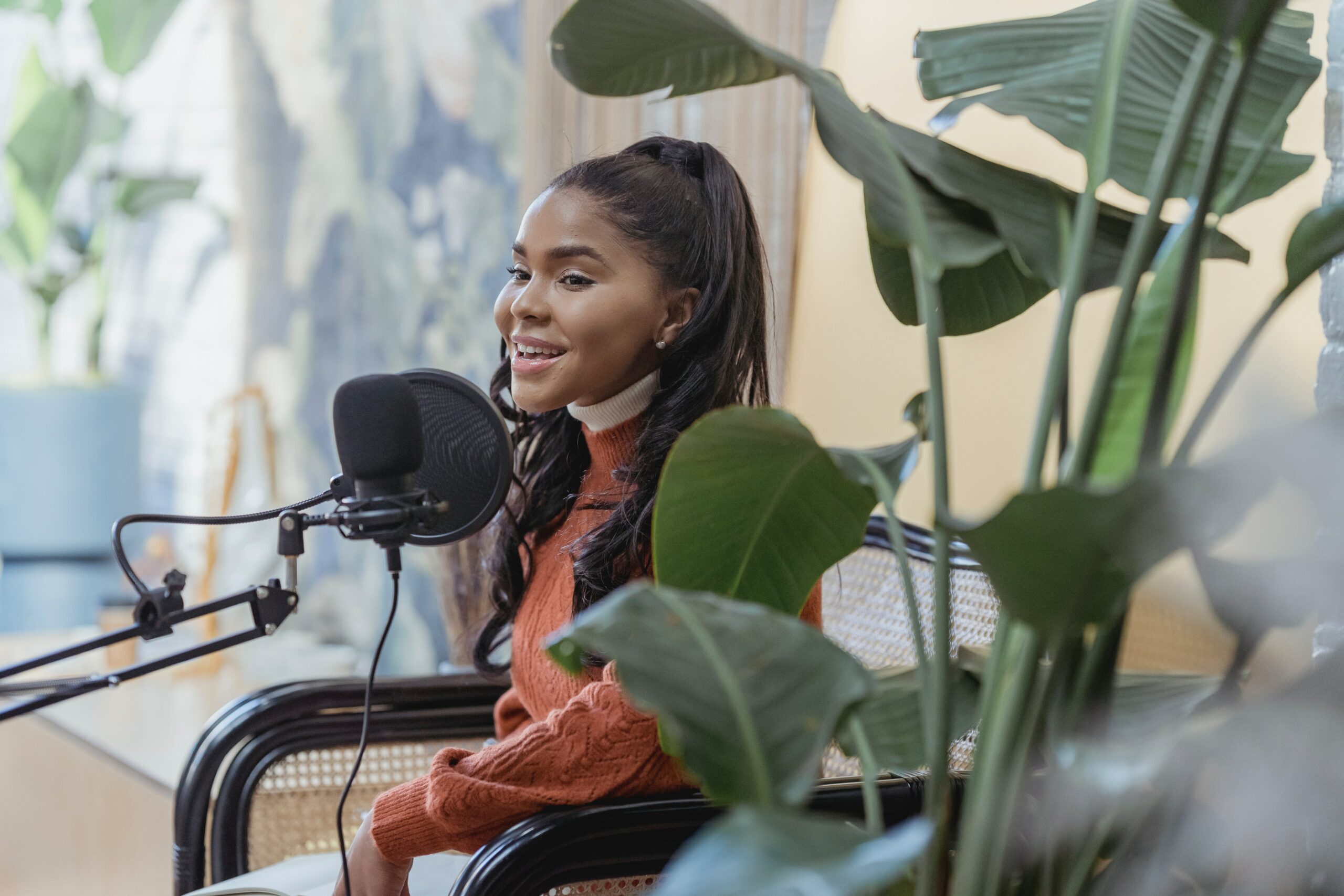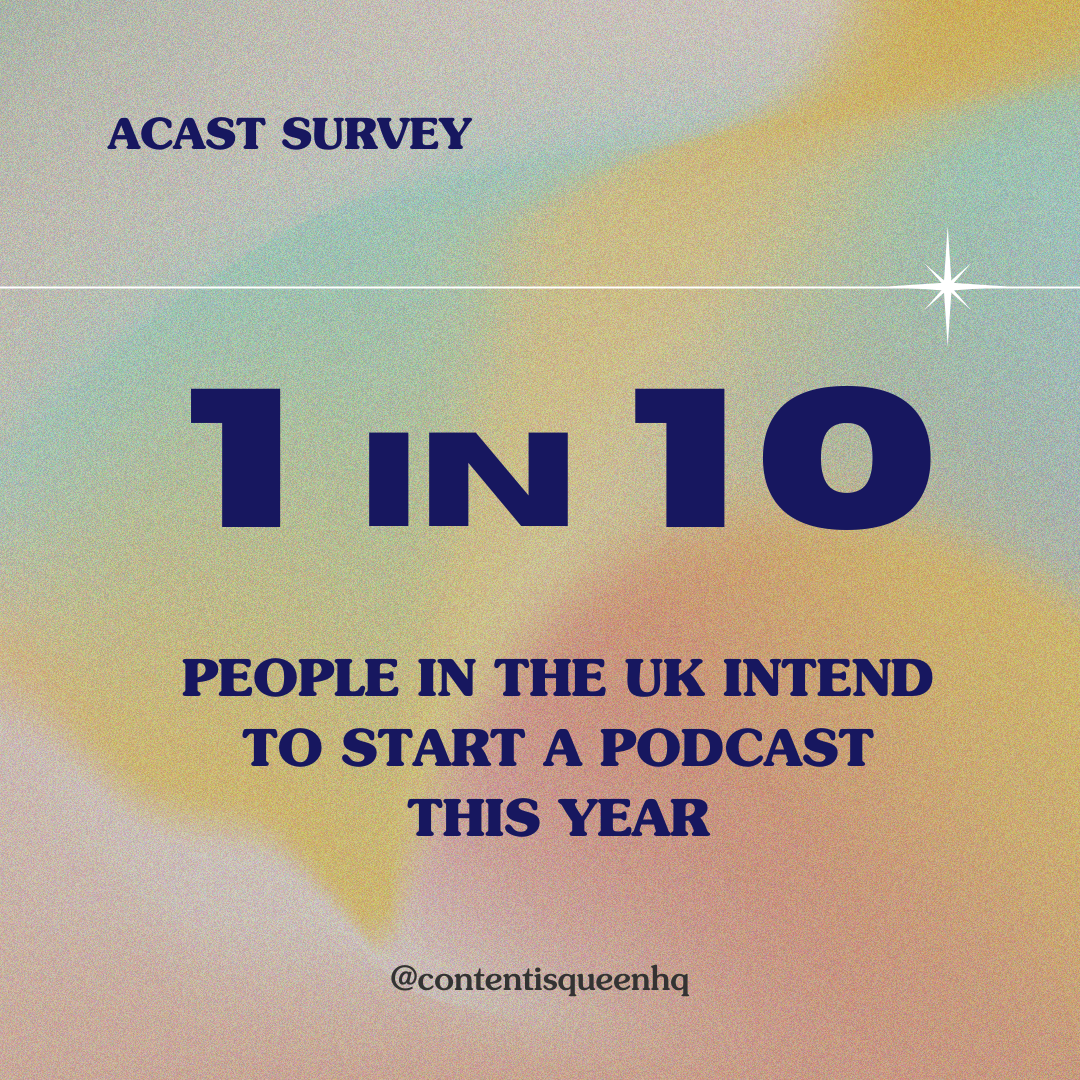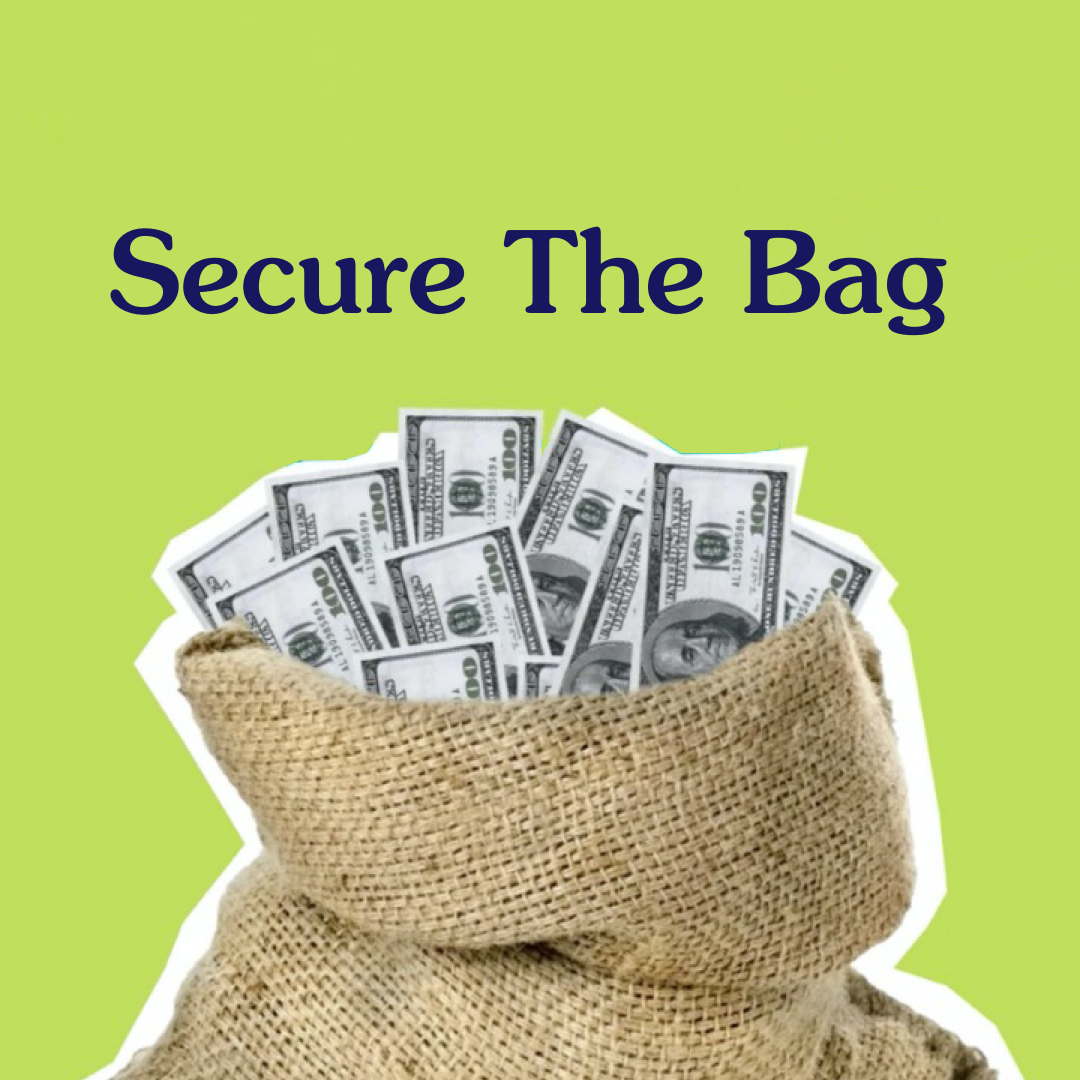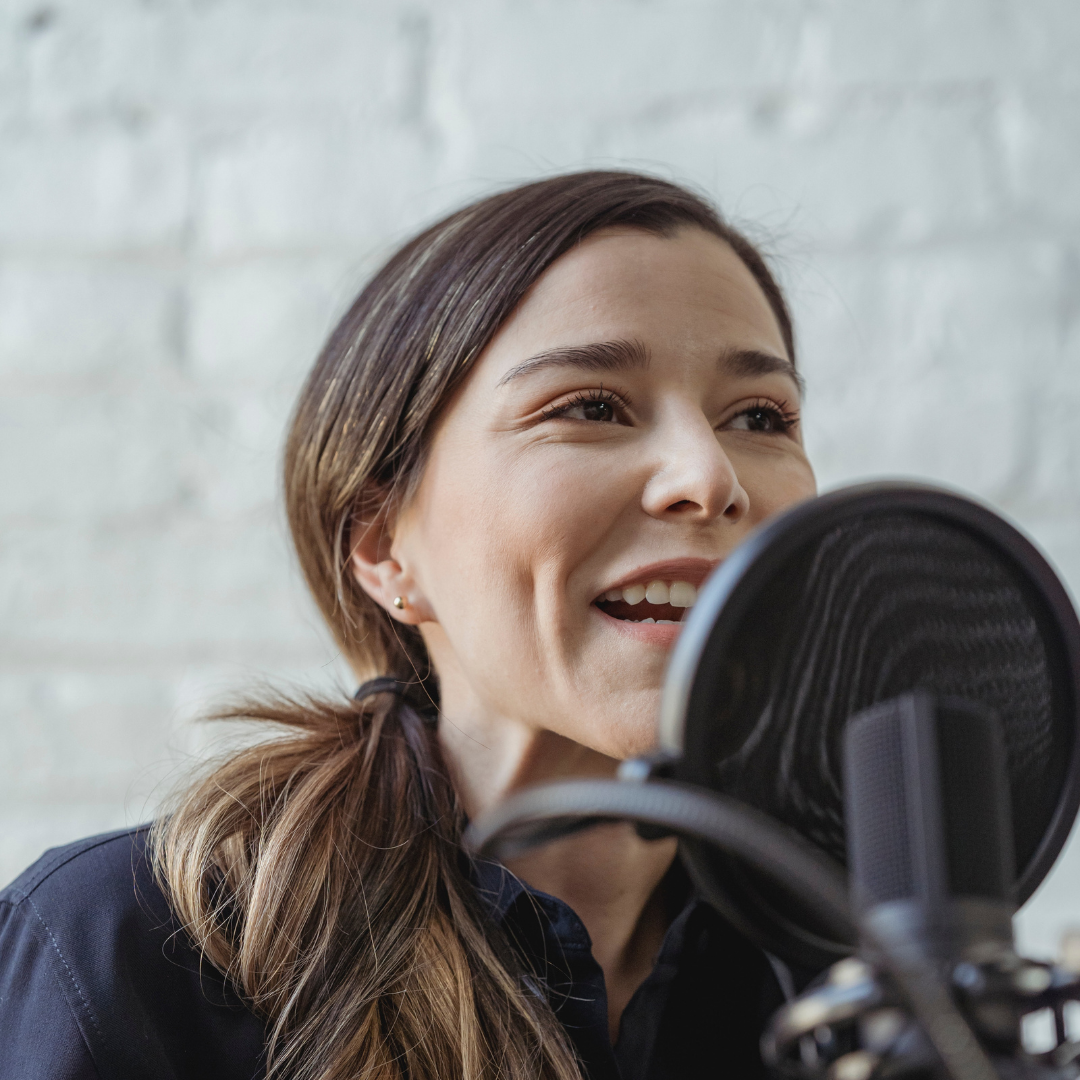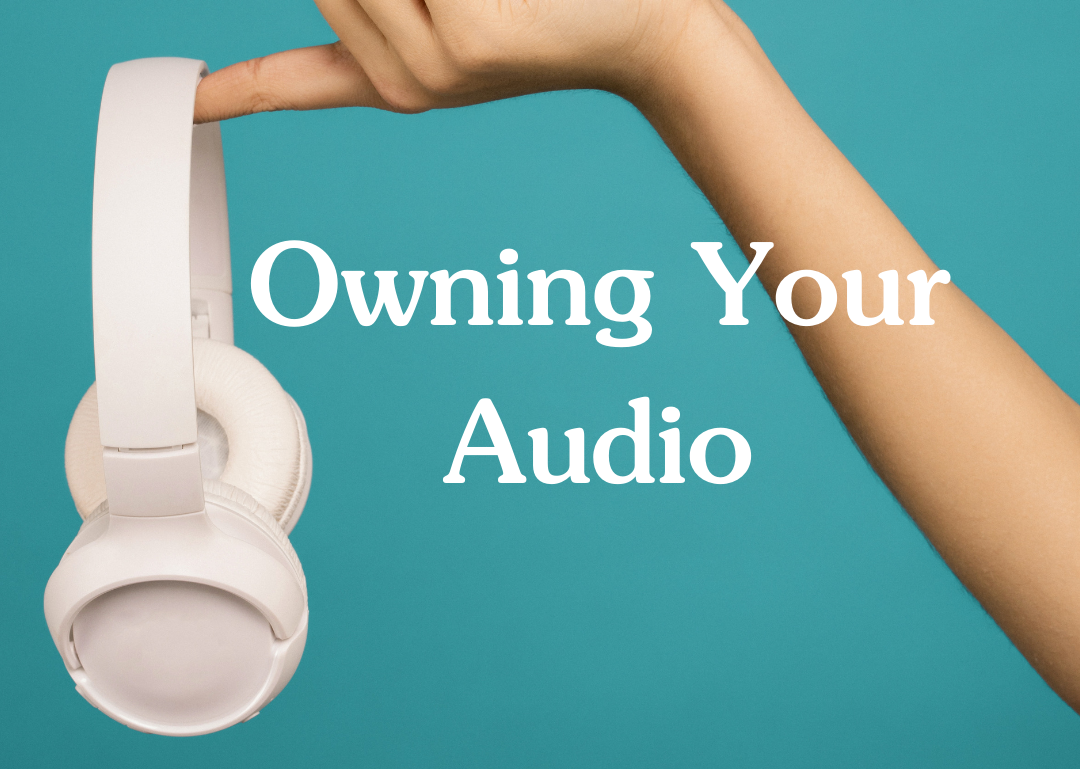So, you’ve put in the work and launched your podcast. Now that you’ve published the first few episodes, you’ll want to build momentum and gain more listeners. As you may know, that’s easier said than done. With so many podcasts out there, you’ll want to do everything you can to boost your podcast discoverability.
Before we jump in with some top tips to help you get your podcast discovered by listeners, we’ll start with some podcast discovery stats. After all, it helps to understand the journey and intent of your potential listeners.
According to the podcast host from a survey of 780 people:
- 58.1% of listeners search their listening app’s directory with a specific topic, whereas 41.9% browse a particular category to find a new show
- Podcasts are judged primarily on their description, followed by episode titles
- Listeners don’t care if they’ve never heard of the podcaster or their guest before
- 28.9% of listeners will give a show as many as 15 minutes to hook them in, while 27.5 will allow only five minutes
Now, despite plenty of surveys and what we know about listener intent, there’s a lot of talk around the so-called ‘discoverability problem’ in podcasting. However, rather than getting caught up in the age-old debate, we want to share some actionable advice to help you boost your podcasts discoverability.
Be consistent
To ensure your podcast is discoverable, you want to ensure it’s worth discovering. One way of doing so is by ensuring you’re consistent. By publishing consistently, you’ll be building credibility, offering your potential listeners a more extensive archive to choose from and helps you show up on established podcast directories. Furthermore, podcast listeners are creatures of habit, so ensure listening to your podcast becomes second nature by staying predictable.
Keep quality at the forefront
Providing high-quality audio is another way of ensuring your podcast is worth listening to. By prioritising quality, you’re offering a better listening experience that will ensure your audience keep coming back for more. In addition to quality audio, everything else from graphics and descriptions should always be of the highest quality – don’t cut corners.
Branch out
In addition to listening apps and online searches, you’ll want to get your podcast out there as much as possible. So, take the time to find the platforms suited to your podcast and its niche and start promoting your podcast there. From your social media and email newsletters to online communities, podcaster recommendation services and the IMDB of podcasting – Podchaser, put yourself out there at every opportunity!
Leverage your guests
Whether you’re calling on a tastemaker, industry expert or a lifelong friend, guests can serve as an excellent boost for your podcast discoverability. Maybe your guest will bring an engaged audience with them that will become long-term listeners, or perhaps they’ll add value by offering new fresh takes or entertainment value. Whatever it may be, a good guest is worth their weight in gold.
Use search engine optimisation
Last but certainly not least is our most technical recommendation, search engine optimisation. Thankfully, we’ve covered six ways to SEO optimise your podcast, too.
Are you ready to up your game and get your podcast seen? Join our supportive and welcoming community and level up with us by your side.



